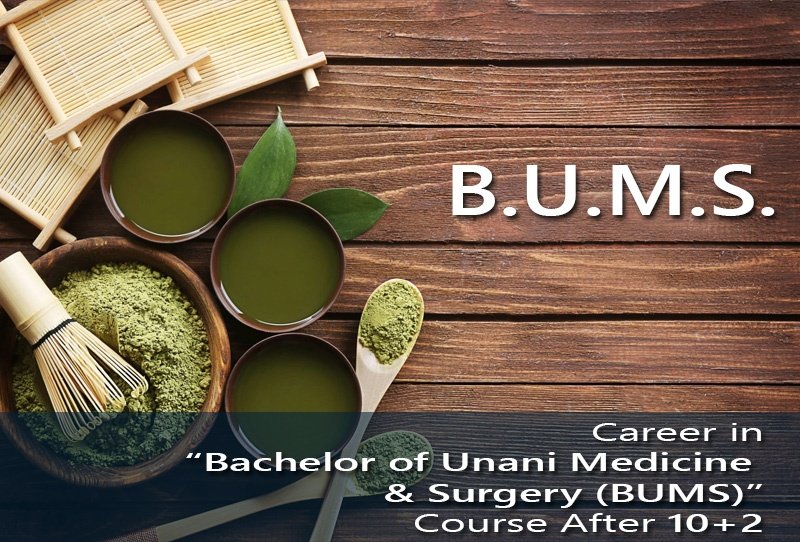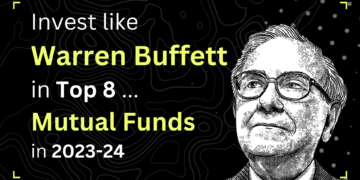Poultry farming is a branch of agriculture dealing with the raising of domesticated birds for food. These birds include chickens, turkeys, ducks, guinea fowls and geese. Chicken is the most popular dish in the world, being consumed by millions of people every day. Eggs of hens are much in demand as a breakfast food. The Food and Agriculture Organization of the United Nations some years ago estimated that there were nearly sixteen billion chickens in the world, including seven hundred million in India alone. With a population of four thousand million, China leads the table.
There are two types of poultry farming: (a) Breeding farms where poultry is raised for meat; (b) Layer farms where poultry is raised for producing eggs. It is not easy to manage such a huge population of chickens only. Through scientific way of breeding such birds, poultry farming has become a big industry. Even though their population is so huge, demand exceeds the supply. Eggs are cheap and affordable, besides being highly nutritious. Chicken meat contains about two to three times as much polyunsaturated fat as most types of red meat when measured by weight. Poultry is the second most widely eaten meat in the world after pork.
The important elements connected with poultry industry are poultry technology, feed equipment, egg farming, breeders, poultry nutrition, vaccine production and animal health. Eggs maybe small, but play a very big role in revenues and employment. Right from a single poultry farm to a street vendor, poultry farming has become a very profitable industry.
Poultry farming is relatively new in India. Dr. B.V. Rao is regarded as “the Father of the Indian poultry industry”. He established Venkateshwara Hatcheries Pvt. Ltd. in 1971 in Pune through his hard work, initiative and dedication. Today, it is known the world over as “Venky’s”.
The work profile in poultry industry consists of classification of chicken, selection of stock, poultry equipment, breeding and chick management, broiler management, hatchery management, anatomy and physiology of chicken, poultry nutrition, poultry diseases, meat technology, marketing of poultry products, etc.
Eligibility :
Class X passed or equivalent with English (for 6 month certificate course in Basic Commercial Poultry Management)
Courses:
- Certificate course in Basic Commercial Poultry Management from Dr. B.V. Rao Institute of Poultry Management & Technology (24 weeks)
- Advanced course in Poultry Management from Dr. B.V. Rao Institute of Poultry Management &
Technology for graduates only (48 weeks) - Diploma and Certificate Courses from IGNOU and NIOS
- B.V.Sc (Poultry Farming)
- Certificate in Poultry Farming (CPF)
- Basic Commercial Poultry Management
- Orientation-Guidance
- Advanced Course in Poultry Management
Professional Institutions :
- Dr. B.V. Rao Institute of Poultry Management & Technology, Pune, Maharashtra Web: https://venkys.com/ipmt/
- Directorate of Animal Husbandry (in various states across India). http://dahd.nic.in/
- Department of Animal Husbandry & Veterinary Services, Odisha. https://odishaahvs.nic.in/
Placements :
- Chicken retailers,
- manager hatchery,
- slaughter manager,
- maintenance manager.
























